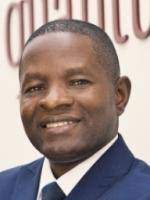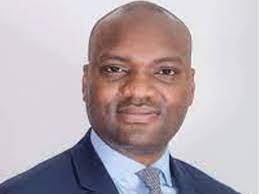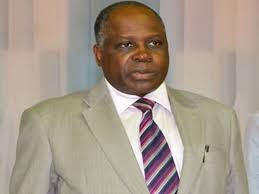The African Development Bank (AfDB) has charged the first set of graduates from its Public Finance Management Academy for Africa (PFMA) to serve as standard-bearers for accountability in public finance system across Africa.
The Bank’s Chief Economist and Vice President, Prof. Kevin Urama, who gave the charge in Abuja during the graduation ceremony for 51 public officials from 26 countries, called on African governments to come together to mobilise and effectively manage the resources needed to increase productivity and create wealth in the continent.
The 18-month training programme on the public finance management cycle and ecosystem covered six modules, comprising Domestic resource mobilisation; Macro-fiscal modelling and forecasting; Public budgeting and expenditure management; Debt Management and Transparency; Public-Private Partnerships in PFM; and Accountability, Transparency, curbing Corruption and Illicit Financial Flows.
Based on their successful completion of the programme, the graduates have met the requirements to be certified by the Bank Group and its partners as public finance management experts in their countries.
The PFMA works to strengthen African countries’ capacity in economic governance and knowledge management to enhance wealth creation and prudent management of public finances to improve the quality of life of Africans.
Speaking at the graduation ceremony, Special Adviser to the Vice President of Nigeria on Economic Matters, Mr. Tope Fasua, commended the management of the Academy for providing a platform for pooling knowledge from relevant institutions and making it available to African public financial management officials.
He said: “I find this very innovative in capacity development and should be extended to other areas of capacity development needs in our governments beyond public financial management.”
In his remarks, Urama stressed that poor public resource management is costing Africa dearly.
He expatiated: “Currently, African countries lose nearly $90 billion a year to illicit financial flows, and much more to illicit resource flows and theft, poorly implemented fiscal incentives, and excessive reliance on commodity exports for foreign exchange earnings. This exposes countries to highly volatile global market prices and highly vulnerable supply chains. This situation is unacceptable.”
He said poor practices entailed ineffective mobilization and use of domestic revenues for unsustainable borrowing, and lack of prudence in the use of borrowed funds.
Also speaking, a graduate of the programme from the South African National Treasury, Isaac Kurasha recalled the extensive knowledge he gained from the training and the impact on his work.
He enthused: “This programme has enriched my knowledge of the entire public financial management cycle. Being in public finance, I am only in one component of the cycle. Before this training, I had a basic understanding of the other components that make up the public finance management cycle. Today I am more knowledgeable.”
Kurasha said the training had taught him to allocate resources where the return on investment was greatest.
Similarly, another graduate from the programme who is an Assistant Director in the Budget Finance Department of the Central Bank of Liberia, Stephen Moore, said the training had impacted on his career with promotion within the 18-month training period.
He said: “The training has been instrumental in refining my skills and providing a comprehensive understanding of the complexities of public financial management.
“My expectations are fueled by the belief that the skills I have acquired will not only enhance my professional standing but will also make a meaningful contributor to my country’s development agenda,” Moore added.




